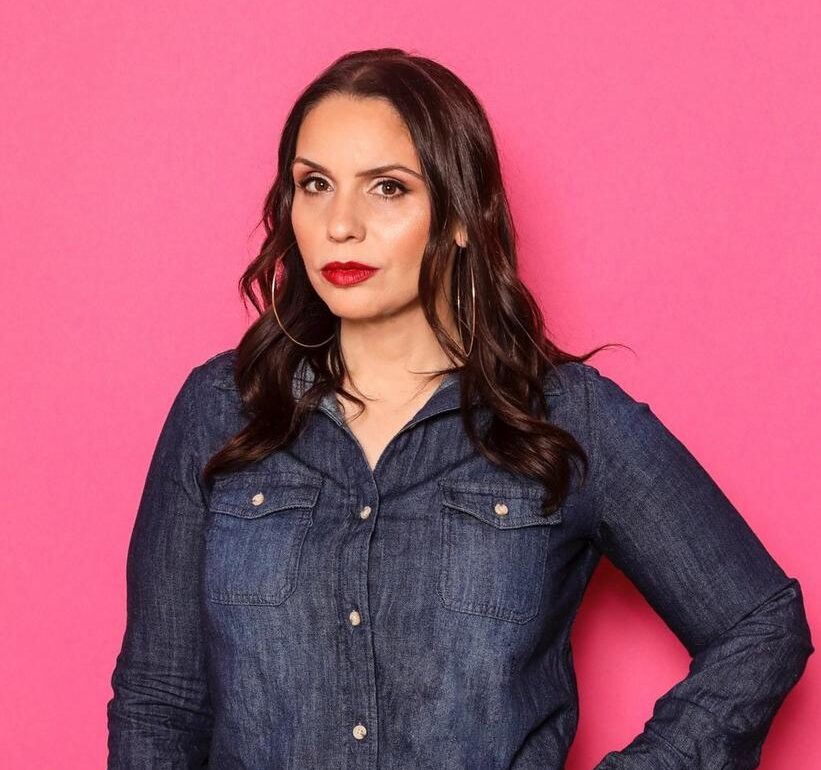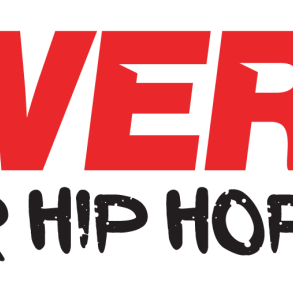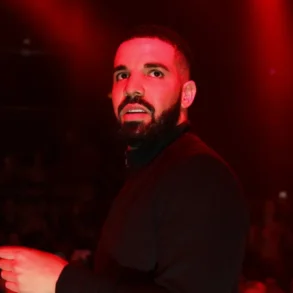With the official 50th anniversary of hip-hop on Aug. 11, the music industry worldwide is vaunting this quintessential American artform.
In honor of hip-hop’s golden anniversary, a global community has given the culture’s leading lights their flowers, unpacked its regional sounds, and debated its most important releases.
Throughout, the genre’s fans have marveled how it blossomed throughout the ‘70s, ‘80s and ‘90s and into present day, permeating absolutely everything.
“It has become a lifestyle. It has simply become part of the air,” Andrew Barber, a hip-hop writer who founded the blog Fake Shore Drive, tells GRAMMY.com. “From sneakers to fashion to slang — even how records outside of the genre are promoted and created draw from hip-hop.
“It’s such a force of nature,” Barber continues, “I’m not sure people even realize it’s everywhere we look now.”
But as far as it’s come, it might be just getting started. After all, it’s unfathomable how far hip-hop’s come since the days of “Rapper’s Delight”; where it could propagate and flourish into the next half-century is anyone’s guess.
Obviously, nobody can predict exactly how this will happen. But by examining the first 50 years of hip-hop, one can ascertain a few clues as to where this cultural juggernaut is headed.
Read on for a roundtable discussion with creators, movers and shakers in the music industry, who offer insight as to how hip-hop will continue to resonate decades from now.
Kathy Iandoli
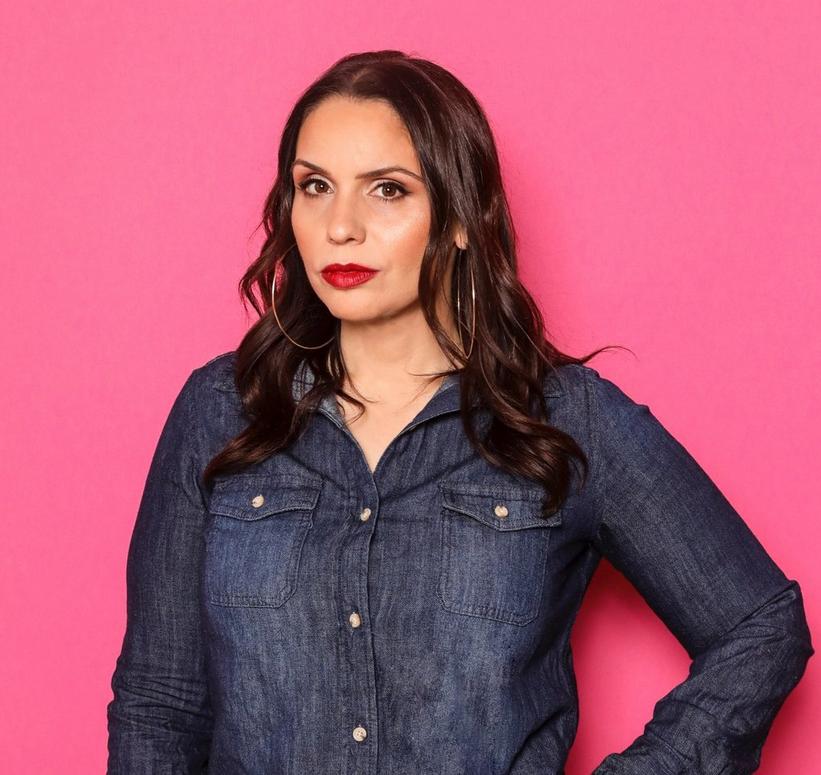
Photo: Krista Schlueter
Hip-hop journalist, author of 2022’s God Save the Queens: The Essential History of Women in Hip-Hop
How would you describe the evolution of hip-hop over the past 50 years? What has changed/progressed/improved?
I would say that as the tax bracket of hip-hop has changed, so has everything else. From the subject matter to notoriety, to fashion, to even geotags where it’s thriving — everything has shifted in waves.
In many ways, it’s definitely progressed and improved — especially as it pertains to the prominence of women. Considering hip-hop has always remained on the pulse of nearly everything, it’s also always ahead of the trends. We witness that in real time when it comes to platforms like TikTok, and even the adoption of AI.
Which hip-hop albums or songs of the past 50 years do you consider to be essential to the overall evolution of the genre?
I would give the most credit to The Miseducation of Lauryn Hill for expanding the parameters of what is categorically considered hip-hop — since half of the album is sung, which has lent itself to the ever-evolving trend of rappers also singing.
I would even throw the Fugees’ The Score in there, as an album that showed just how far hip-hop can go when truly allowed to swim in the mainstream.
What are your predictions as to where hip-hop will go in the next 50 years? What will hip-hop sound like and look like 50 years from today?
I think we will see this continuation of experimentation with other genres, while at the same time witnessing artists return to the purity of the art form.
The younger generations of hip-hop artists are now finally learning about the legends and the music they created, so there will be a group of artists who will want to tinker with that sound, similar to when rock musicians of the early 2000s adopted a ’70s vintage/punk rock sound. Everything happens in cycles.
Hip-hop has established itself as a dominant cultural force around the world. What is needed for the genre to maintain its international growth, development and longevity?
The essential component for any long-term growth is acknowledging the power of hip-hop and its impact on a global level. If at any point that needs to be re-stated, then the message was already lost in translation and won’t contribute to the growth of the genre as a whole.
In your view, which artists, producers, songwriters, and/or creators are today leading the charge into the next 50 years of hip-hop? And why? In other words, who is writing and creating the future of hip-hop today?
Coi Leray, hands down. Not only does Coi acknowledge, respect, and collaborate with the legends; she constantly innovates, while working not only on the music, but also the fashion and visuals. She embodies her moniker of Trendsetter. I hope other artists of her generation do the same.
Kid Kenn
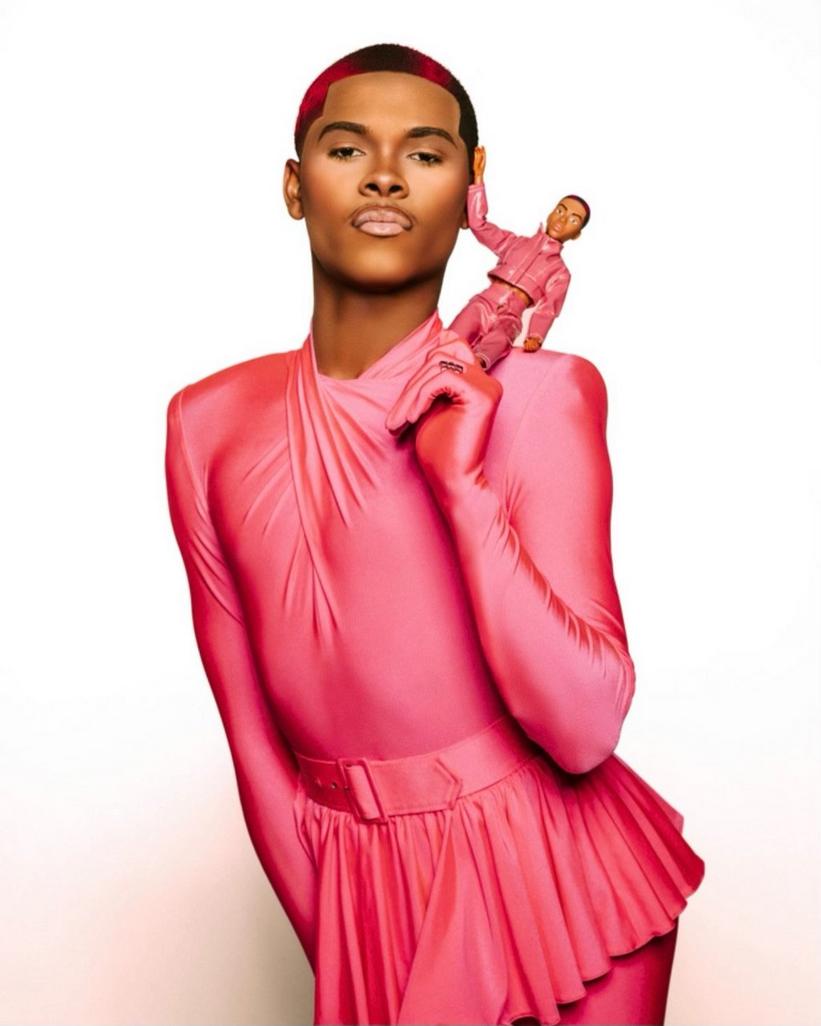
Photo: Rueguh
Chicago-based rapper
How would you describe the evolution of hip-hop over the past 50 years?
Hip-hop has come a long way in the past 50 years! It’s a whole new game. It’s not just the guys spitting bars anymore. We got badass female artists and gay artists representing. There’s more variety in the industry than ever!
What has changed, progressed or improved?
You can create your own lane. We got the internet and social media. Anybody with a dream and a mic can blow up! It’s opened doors for all kinds of talent.
Which hip-hop albums or songs of the past 50 years do you consider essential to the genre’s evolution?
I have to give props to The Pinkprint; that’s prime Nicki Minaj. And “Busy Being Bad,” my upcoming project — it’s coming out soon and I’m excited!
Can you predictwhere hip-hop’s gonna be in the next 50 years?
Hip-hop will become even more free. Artists will be able to express themselves in ways nobody has thought of, and it will be exciting.
What will hip-hop sound like and look like 50 years from today?
Sounds, styles and visuals that’ll blow your mind. Artists like me will be pushing the envelope. There won’t be any holding back and we’ll be rocking to beats we ain’t even imagined yet.
What’s needed for hip-hop to keep growing internationally and staying lit for years to come?
It’s all about staying true to who we are. You have to be authentic. We gotta keep telling our stories and collaborating. Hip-hop is going to keep blazing trails worldwide.
Who’s leading the charge into hip-hop’s next 50 years in your book?
I’m ready to tear it up and redefine the industry. There’s a whole new wave of artists who are pushing boundaries. We’re the ones who are going to keep hip-hop fresh and unforgettable.
Peter $un
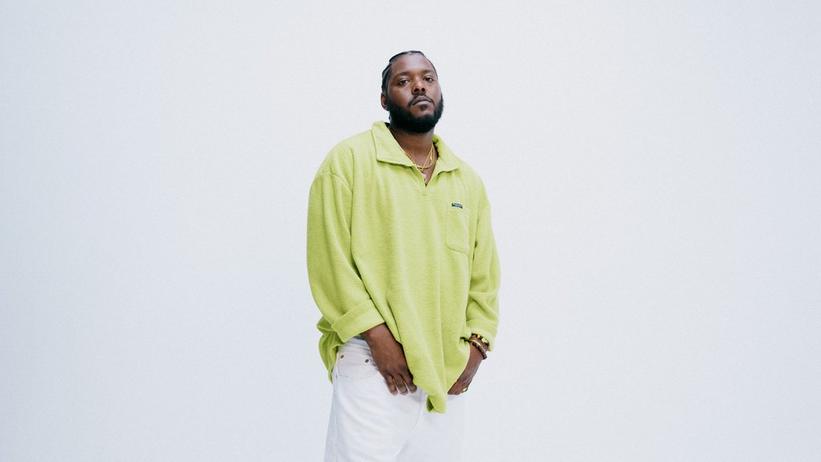
Photo courtesy of the artist
L.A.-based rapper
How would you describe the evolution of hip-hop over the past 50 years? What has changed/progressed/improved?
The styles, melodies and cadences have changed for sure. There’s different rhythms and rhyme schemes always, and it’s exciting. The beats have improved and there’s a lot of innovation in the way things are sampled/flipped. There are artists like Knxwledge and Terrace Martin who are innovators progressing the genre, and so many others.
Which hip-hop albums or songs of the past 50 years do you consider to be essential to the overall evolution of the genre?
There’s a lot [laughs]. Of course, Nas’ Illmatic, everything by Jay-Z basically, DMX’s Hell Is Hot, Goodie Mob’s Soul Food, Outkast’s whole discography, Lil Wayne’s The Dedication, “Run,” and Tha Carter, and more recently, Drake.
Then, you’ve got DJ Harrison’s Tales From The Old Dominion, JID’s The Never Story, Kendrick Lamar’s Damn., and J Cole… Like I said, there are a lot!
What are your predictions as to where hip-hop will go in the next 50 years? What will hip-hop sound like and look like 50 years from today?
I believe hip-hop is always evolving, but there’s a lot of golden-era rap that seems like it will forever be here. People will always love a fire sample with some hard bars over it.
But I feel like there’s a space opening in alternative rap with songs genre-blending, so I think in 50 years it will be a mix of those two areas.
Hip-hop has established itself as a dominant cultural force around the world. What is needed for the genre to maintain its international growth, development and longevity?
Support and good music. Good music is always undeniable regardless, and can stand the test of time. I believe we also need the artists, DJs, etc. in the genre to usher in the new acts and put on artists that have something to say.
In your view, which artists, producers, songwriters, and/or creators are today leading the charge into the next 50 years of hip-hop?
Honestly, besides me, Tyler, the Creator has always pushed it. Liv.e, Knxwledge, Pink Siifu, Jordan Ward, Young Nudy, Larry June, Smino, Flo Milli, Gwen Bunn, and Kamaiyah are just a few others, and more.
I think there’s a lot of innovation in the genre and things will become more blended between R&B and rap. But samples will forever be the core of hip-hop and I think diggers will dig harder and there’s always going to be a space for that for sure.
Andrew Barber
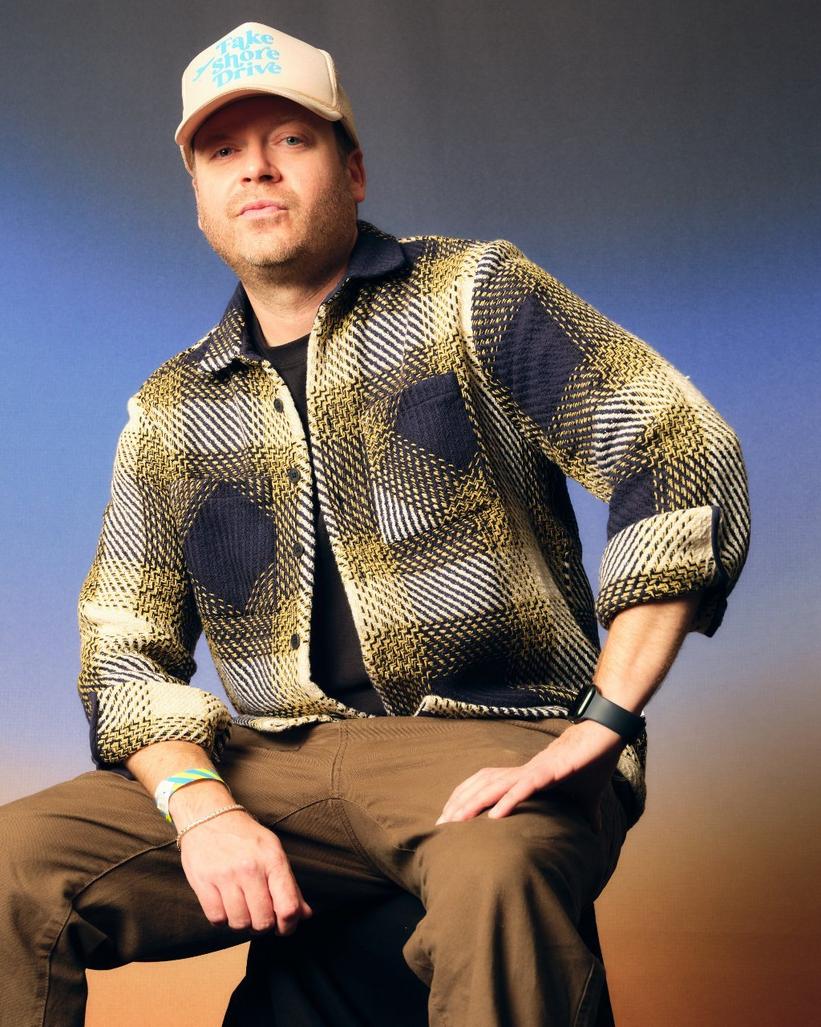
Photo: David Cabrera
Hip-hop writer, founder of Chicago hip-hop blog Fake Shore Drive
How would you describe the evolution of hip-hop over the past 50 years? What has changed/progressed/improved?
It has become a lifestyle. It has simply become part of the air. From sneakers to fashion to slang — even how records outside of the genre are promoted and created draw from hip-hop. It’s such a force of nature, I’m not sure people even realize it’s everywhere we look now.
Which hip-hop albums or songs of the past 50 years do you consider to be essential to the overall evolution of the genre?
Hip-hop is so vast and music taste is subjective so this is a tough one to answer. It’s kind of a choose-your-own-adventure situation. Different ages and different regions will have different answers.
But one thing I can say for sure: Album or single sales aren’t the end-all, be-all. Sales never tell the full story.
MF DOOM never really charted or sold much while he was alive — especially when he was at this output peak in the mid-2000s. But now many of his songs have hundreds of millions of streams.
Sometimes it takes years for artists to get the respect and accolades they deserve, while albums that were multi-platinum upon release are now forgotten punchlines.
What are your predictions as to where hip-hop will go in the next 50 years? What will hip-hop sound like and look like 50 years from today?
Songs will get shorter and the lines between genres will continue to blur. Also, smaller regional markets who aren’t traditionally known for breaking hip-hop talent will continue to grow and become a force — which is something I’m most excited about.
Hip-hop has established itself as a dominant cultural force around the world. What is needed for the genre to maintain its international growth, development and longevity?
Innovation! Not being scared to take risks with your art. Standing out instead of fitting in. Stop chasing the algorithm.
Sowmya Krishnamurthy
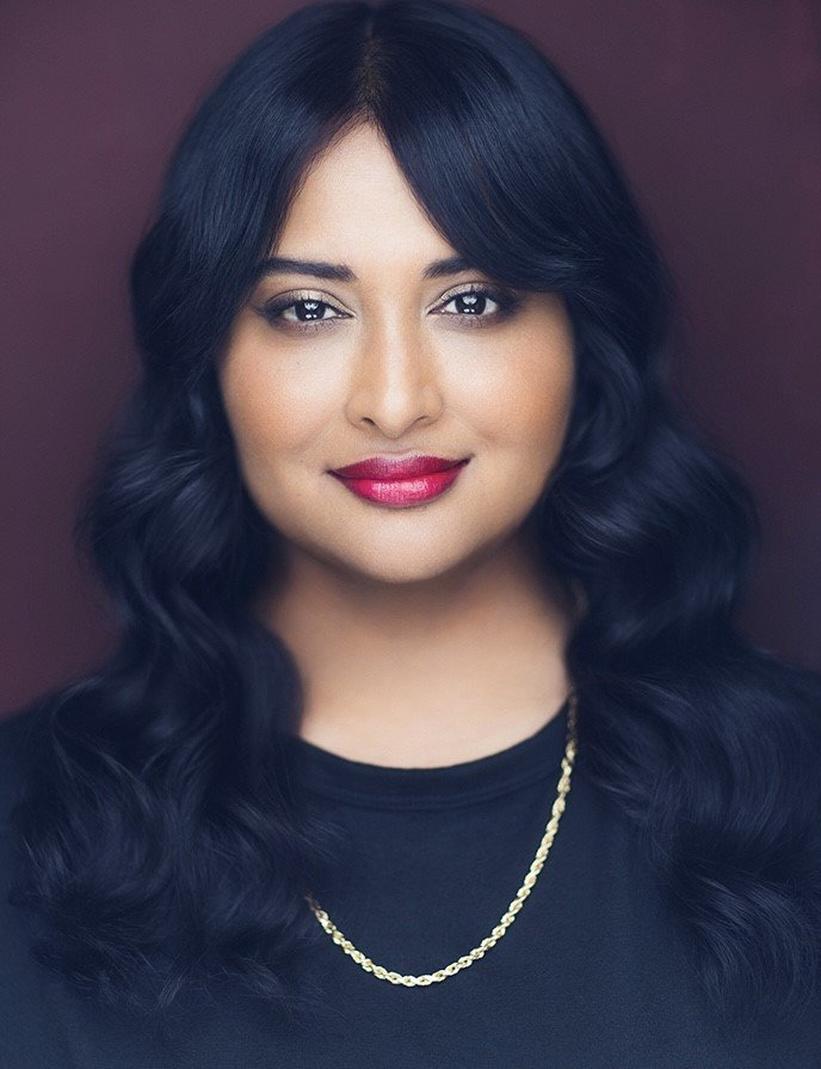
Photo: David Noles
Music journalist, author, pop culture expert
How would you describe the evolution of hip-hop over the past 50 years? What has changed/progressed/improved?
Hip-hop has gone from outsider to insider, from the streets of New York City to the dominant culture around the world. What began as underground — what some deemed as ephemeral, noise, a fad — is now the biggest genre. Hip-hop has grown to be a commercial juggernaut and the harbinger of all things cool.
Which hip-hop albums or songs of the past 50 years do you consider to be essential to the overall evolution of the genre?
I’m a firm believer that if you can’t recite the Notorious B.I.G.’s “Juicy,” you’re not really a hip-hop fan.
What are your predictions as to where hip-hop will go in the next 50 years? What will hip-hop sound like and look like 50 years from today?
Hip-hop will definitely be on Mars! In all seriousness, I see the sound becoming more diversified with hyperlocal scenes and niche artists. Personally, I’d love to see a return to valuing lyricism and venerating artists that can actually rap over data and the cult of personality.
Hip-hop has established itself as a dominant cultural force around the world. What is needed for the genre to maintain its international growth, development and longevity?
Hip-hop resonates around the world because of its universal DNA of rebellion and youthful energy. You don’t need to speak a singular language to understand it. Industry gatekeepers should embrace international artists and global sounds. I’d love to see more collaborations across borders and seeing hip-hop as a form of diplomacy.
In your view, which artists, producers, songwriters, and/or creators are today leading the charge into the next 50 years of hip-hop? And why? In other words, who is writing and creating the future of hip-hop today?
The playing field is wide open. Female rappers like Cardi B, Ice Spice and GloRilla are at the forefront of what’s new and what’s trending. There’s a resurgence of nostalgia and old school artists such as Jadakiss and Noreaga are enjoying a second act.
Meanwhile, Jay-Z was inducted into the Rock and Roll Hall of Fame, and Pharrell Williams has hip-hop on the Louis Vuitton runway in Paris. Anything is possible.
Bryan Michael-Cox
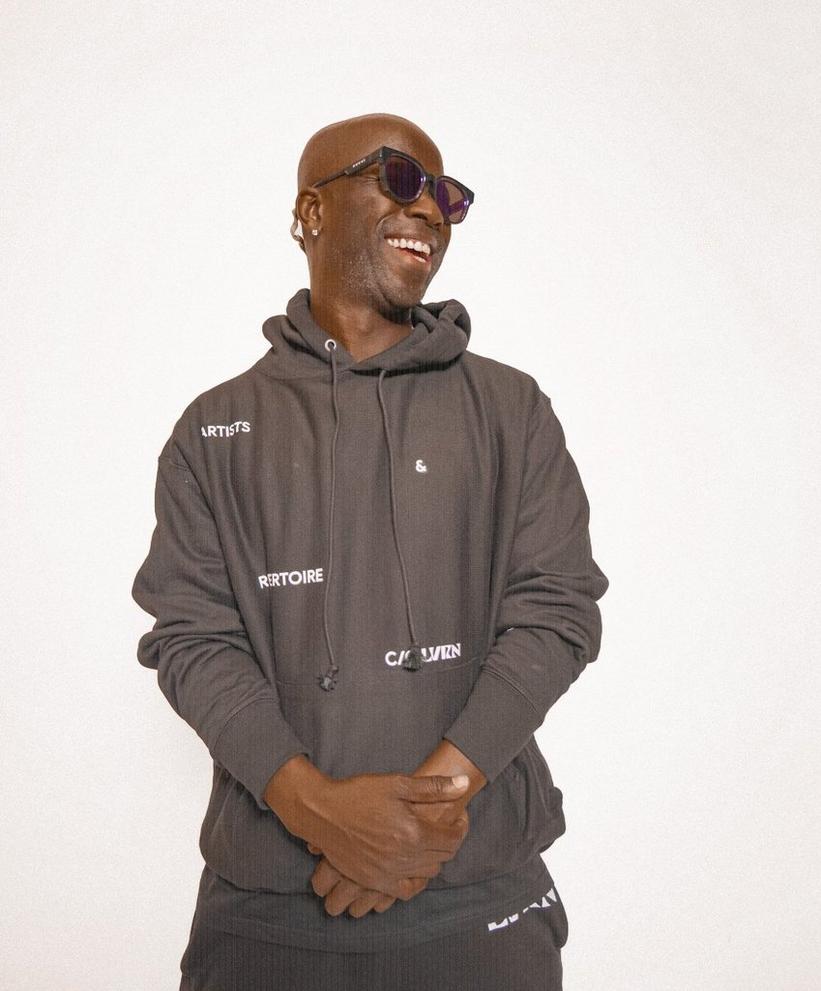
Photo: Kobe Boateng
Producer, songwriter
How would you describe the evolution of hip-hop over the past 50 years? What has changed/progressed/improved?
The evolution of hip-hop has been the most incredibly advanced of any genre. Think about it, DJ Kool Herc threw a back-to-school jam back in 1973. And that spawned an economy for young creatives to make a proper living. A lot of us are wealthy because of it. That in itself is amazing!
Which hip-hop albums or songs of the past 50 years do you consider to be essential to the overall evolution of the genre?
The list is kind of long, so bear with me:
Sugar Hill Gang, “Rapper’s Delight”
Kurtis Blow, “The Breaks”
Grandmaster Flash and the Furious 5, “The Message”
LL Cool J, “I’m Bad”
Run-D.M.C., Raising Hell
The Beastie Boys, License To Ill
Big Daddy Kane, Long Live The Kane
Biz Markie, Goin’ Off
Too Short, Born to Mack
Public Enemy, It Takes A Nation Of Millions To Hold Us Back and Fear of a Black Planet
X Clan, To The East, Backwards
N.W.A., Straight Outta Compton
M.C. Hammer, Please Hammer Don’t Hurt Em
Geto Boys, We Can’t Be Stopped
Heavy D & the Boyz, Big Tyme
Ice Cube, Amerikka’s Most Wanted
3rd Bass, The Cactus Al/Bum
2 Live Crew, As Nasty as They Wanna Be
A Tribe Called Quest, Midnight Marauders
Dr. Dre, The Chronic and 2001
Snoop Doggy Dogg, Doggystyle
Kris Kross, Totally Krossed Out
Bell Biv DeVoe, Poison
Da Brat, Funkdafied
Pete Rock & CL Smooth, Mecca and the Soul Brother
The Notorious B.I.G., Ready to Die and Life After Death
Nas, Ilmatic, It Was Written, and Stillmatic
2Pac, Me Against The World and All Eyes On Me
Bone Thugs-N-Harmony, Creepin on ah Come Up
Jay-Z, Reasonable Doubt, Vol. 2: Hard Knock Life, The Blueprint, American Gangster
50 Cent, Get Rich or Die Tryin’
DMX, It’s Dark and Hell is Hot (specifically, “Get At Me Dog”)
Puff Daddy and the Family, No Way Out
Jermaine Dupri, Life in 1472
Kanye West, My Beautiful Dark Twisted Fantasy
Jay-Z and Kanye West, Watch the Throne
I have so many more but I am going to stop here [laughs].
What are your predictions as to where hip-hop will go in the next 50 years? What will hip-hop sound like and look like 50 years from today?
Fifty years ago, when hip-hop originated, we had no idea it would sound like this today. My guess is the genre will continue on the trajectory of world domination and the additional genres will blend, with hip-hop being the foundation.
Hip-hop has transcended all of our hopes and dreams — out of the public housing communities of New York City to all over the world.
Hip-hop has established itself as a dominant cultural force around the world. What is needed for the genre to maintain its international growth, development and longevity?
I think we already have what is needed. It is embedded in youth culture, and it’s just going to continue to get passed down. Hip-Hop is literally everywhere and in everything.
In your view, which artists, producers, songwriters, and/or creators are today leading the charge into the next 50 years of hip-hop? And why? In other words, who is writing and creating the future of hip-hop today?
People like Tay Keith, Metro Boomin’, ATL Jacob, Nineteen85, Wheezy, and Southside are leading the way when it comes to the genre. And of course, the legends are still holdin’ it down with them. There are so many more, but these are the first names that come to mind.
Atmosphere
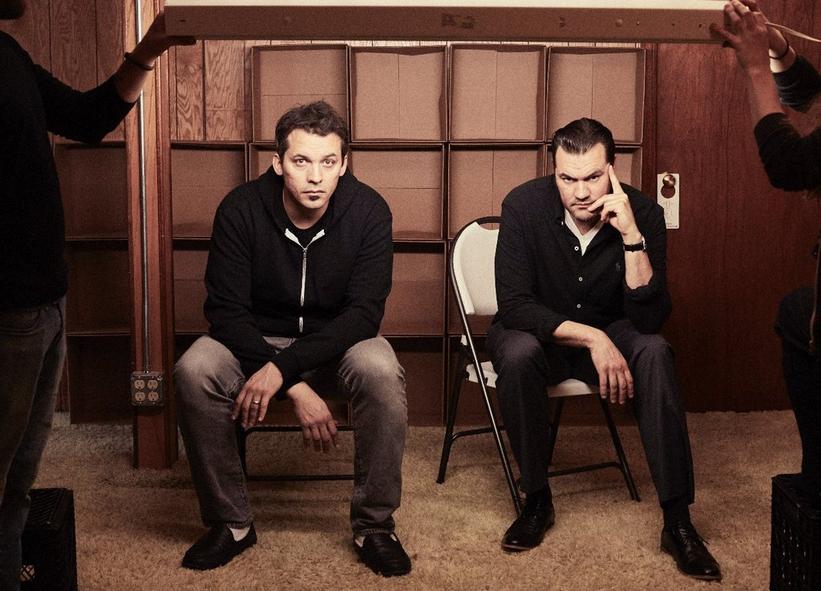
Photo: Dan Monick
Minneapolis hip-hop duo
How would you describe the evolution of hip-hop over the past 50 years? What has changed/progressed/improved?
As a form of culture and music that has given voice to communities that have historically been unheard, it continues to grow and speak for, about and towards more and more people.
Which hip-hop albums or songs of the past 50 years do you consider to be essential to the overall evolution of the genre?
Jungle Brothers, Done by the Forces Of Nature.
What are your predictions as to where hip-hop will go in the next 50 years? What will hip-hop sound like and look like 50 years from today?
Obviously it’s impossible to answer this. But I do predict that this will continue to be an artwork that manages to engage in commerce with the right hand while still challenging the status quo with the left hand.
Hip-hop has established itself as a dominant cultural force around the world. What is needed for the genre to maintain its international growth, development and longevity?
In my opinion, it only needs to remain genuine in its messaging.
In your view, which artists, producers, songwriters, and/or creators are today leading the charge into the next 50 years of hip-hop? And why? In other words, who is writing and creating the future of hip-hop today?
I avoid questions like this because of potential gatekeeping. This music is at its best when it’s made by the youth challenging the old guard, and I’m slowly naturally becoming a part of the old guard.
I think the best response I can give is to advise people to explore and listen to things that they’ve never heard before. Take a risk, and listen to something that expresses ideas that you don’t already agree with.
Carl Chery
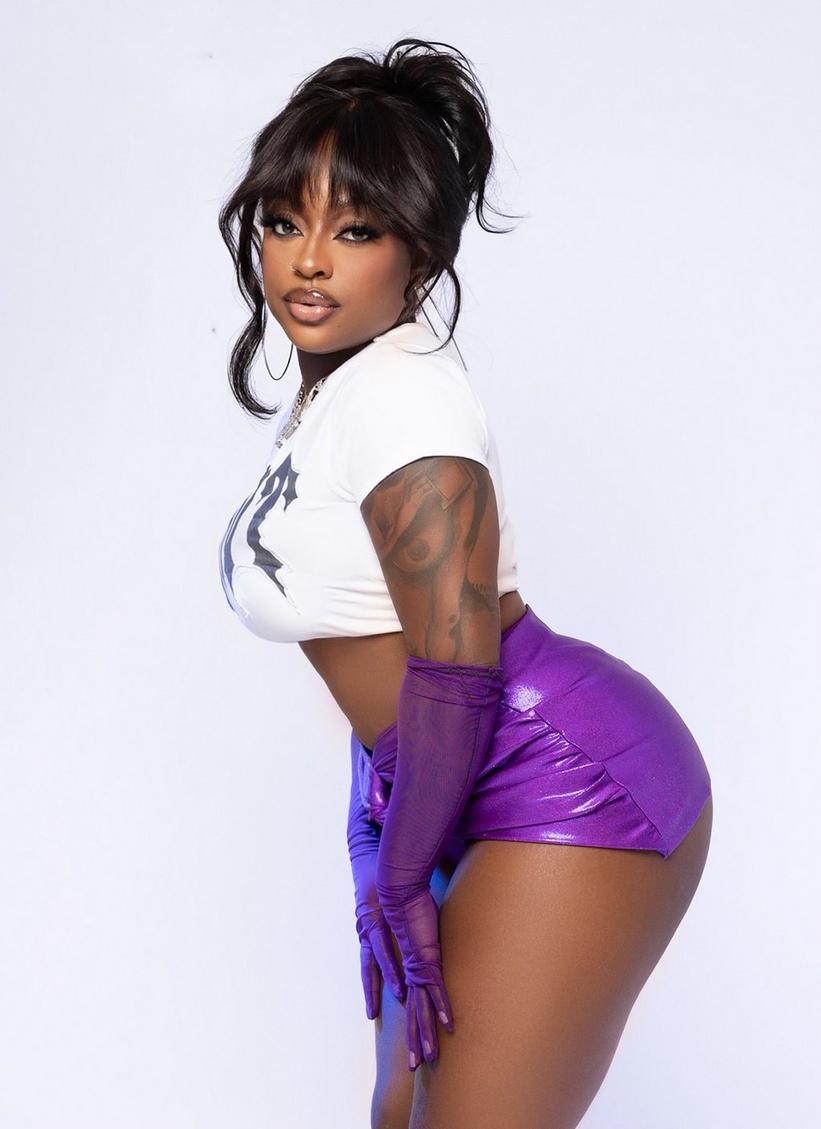
KenTheMan. Photo: Marcus Ambrose Williams
How would you describe the evolution of hip-hop over the past 50 years? What has changed/progressed/improved?
I feel like everything has changed about it, it changes year to year, which is the beautiful thing about hip-hop. I wouldn’t say it has improved because it’s always been great in its own way over time. I also love seeing the younger generation getting involved in the genre earlier year after year.
Which hip-hop albums or songs of the past 50 years do you consider to be essential to the overall evolution of the genre?
Nicki Minaj — any of her early albums, because she brought a certain rap style that was fun and wild. The Migos, because they changed the sound in general. Drake because he brought the diversity in music — one artist doing multiple styles and sounds.
Hip-hop celebrates its 50th anniversary this year. What are your predictions as to where hip-hop will go in the next 50 years? What will hip-hop sound like and look like 50 years from today?
I don’t believe hip-hop is a genre you can predict, because it’s already gone unpredictable places. And that’s the beauty of hip-hop.
Hip-hop has established itself as a dominant cultural force around the world. What is needed for the genre to maintain its international growth, development and longevity?
By staying true to the roots and the core of what it’s always been. We are already 50 years in; it’s never going anywhere. Like you said, hip-hop has already established itself as a dominant cultural force. I couldn’t see if going backward — only forward to another 50 years.
In your view, which artists, producers, songwriters, and/or creators are today leading the charge into the next 50 years of hip-hop? And why? In other words, who is writing and creating the future of hip-hop today?
Everyone currently is a part of these next 50 years, if the aliens don’t take over first.
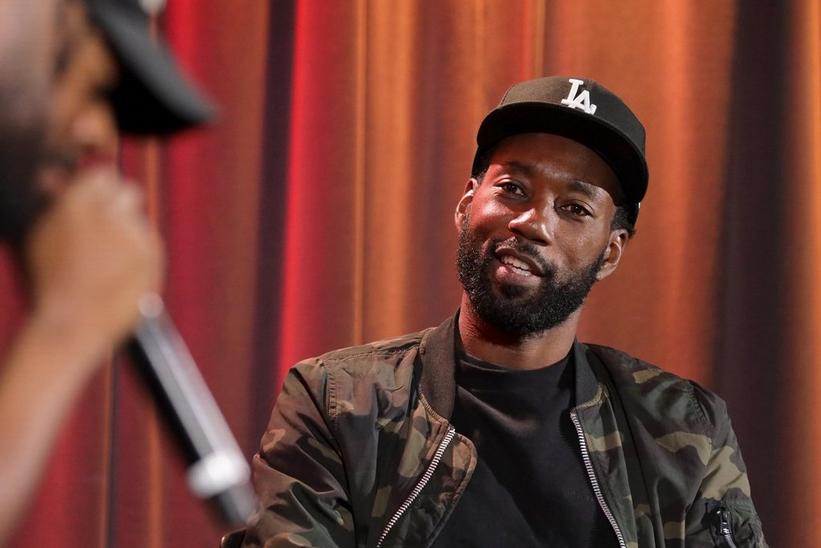
Photo: Rebecca Sapp/Getty Images for The Recording Academy
Head of Urban Music at Spotify
How would you describe the evolution of hip-hop over the past 50 years? What has changed/progressed/improved?
It’s been innovative every step of the way — from the music itself to the way hip-hop executives have approached business.
Which hip-hop albums or songs of the past 50 years do you consider to be essential to the overall evolution of the genre?
There’s too many albums to list. I immediately think of Nas’ Illmatic and how it’s changed the way artists approach production. Prior to Illmatic, albums were produced by one producer in their entirety.
I think of Jay-Z’s The Blueprint and how it’s helped usher in the soul sample sound. I think of OutKast’s entire discography. They put Atlanta on the map years before it became hip-hop’s new mecca.
OutKast is the only group to sell more albums with each of their studio albums. Kast also expanded on the idea of what hip-hop is supposed to sound like on Stankonia and Speakerboxxx/The Love Below
Rakim introduced a new, conversational way of flowing on Eric B & Rakim‘s Paid In Full. Rappers used more of a shouting technique in the early days. Can’t forget N.W.A’s Straight Out of Compton.
Gangsta rap is one of the most commercially successful subgenres in hip-hop history so, of course, I think of Dr. Dre’s The Chronic and Snoop Dogg’s Doggystyle. There’s simply too many albums to list.
What are your predictions as to where hip-hop will go in the next 50 years? What will hip-hop sound like and look like 50 years from today?
I jokingly call Playboi Carti onomatopoeia rap. I know he’s saying actual words but his delivery occasionally makes it sound like he’s making sound effects.
I think we’re going to see that approach continue to grow. I think we’re in the midst of one of the most disruptive times in hip-hop history, so it’s harder than usual to forecast where the genre is heading.
Hip-hop has established itself as a dominant cultural force around the world. What is needed for the genre to maintain its international growth, development and longevity?
At the risk of sounding cliche, music is the key to a continued growth globally. It’s no coincidence that we’re seeing UK rappers rise in popularity in the U.S. They’re currently making some of the most interesting music.
American rappers are still the genre’s biggest ambassadors so I think it’s important for them to cover more ground. Certain markets are harder to penetrate. They require artists to spend time in those markets. We saw Drake go to Brazil for the first time in recent years.
That was a strategic move to keep building his audience in that part of the world. Japan is a market American artists still need to crack and it’s largely hip-hop influenced. We need more rappers on the ground there.
In your view, which artists, producers, songwriters, and/or creators are today leading the charge into the next 50 years of hip-hop? And why? In other words, who is writing and creating the future of hip-hop today?
The female rap movement has seen incredible growth in the past four years and it’s just scratching the surface. There’s a new crop of women being inspired as we speak. Imagine what the movement is going to look and feel like in the next five years and beyond.
I think Latto is positioning herself to become a leader of the pack. She’s currently building the foundation to a long-lasting career. I’m excited to see where Doechii goes. She’s an artist who has the potential to help us reimagine what hip-hop is supposed to sound like.
Baby Keem is also in a great position. He’s steadily building, similar to Latto, and his team is intentional. He’s poised to become one of the artists who helps us set the tone into the future.
This post was originally published on this site be sure to check out more of their content.




